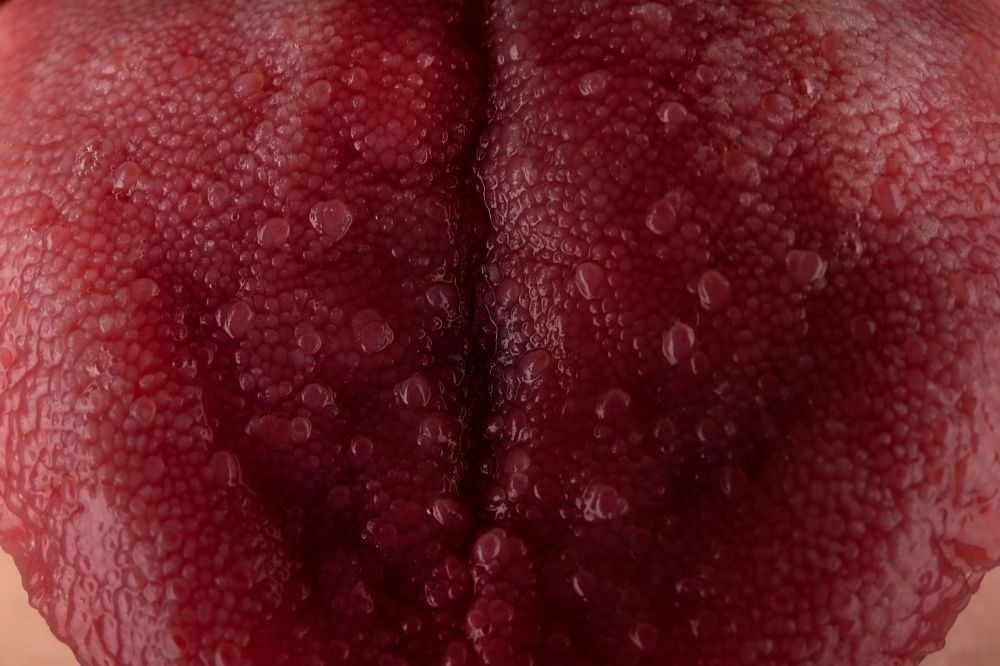New report confirms increases in oral cancer rates in Wales

A new report has confirmed a significant increase in the incidence rate for mouth cancer in Wales over the past 20 years.
The Analysis of Oral and Pharyngeal Cancer Rates in Wales report found that in 2002 the reported number of new cases was 171, but this has steadily increased.
The number of new cases has exceeded 300 per annum for the last decade and, in 2018, reached its peak of 365.
The number of new cases each year for men is nearly double that of women, with most cases recorded from the age of 40 years of age.
The incidence of mouth cancer peaks between 60 and 69 years of age.
Mortality data
Mortality data from 2002 to 2021 also shows a steady increase in the number of deaths from mouth cancer. In 2002, the number of deaths stood at 57, but by 2021 this had almost doubled to 103.
Evidence suggests that smoking tobacco, drinking alcohol, exposure to sunlight (lip) and not eating enough fruit and vegetables all increase the risk of oral cancer. There is also evidence of a link between human papillomavirus (HPV) infection and oral cancers.
Early detection and treatment of mouth cancers increase survival rates.
Early signs and symptoms to look out for include:
- Ulcers and swelling in the mouth that do not heal within three weeks.
- Pain in the mouth.
- Red or white patches in the mouth or throat.
- Difficulty swallowing.
- Speech problems.
- A lump in the neck.
- Unexplained weight loss.
- Bad breath.
Professor Paul Brocklehurst, Consultant in Dental Public Health at Public Health Wales, said: “The rising prevalence of oral and pharyngeal cancer has been a concerning trend observed by those working in public health for a number of years.
“While we are still seeing a steady increase in the number of deaths from mouth cancer, we have also observed a small improvement in survival rate at five years, although reoccurrence of the disease is not uncommon.
“As with all cancers, early diagnosis means early treatment to target cancers before they spread. If anyone notices one of the warning signs, they should either see their dental professional or their GP. It is also essential to attend routine dental check-ups as dental professionals are trained to spot the early signs of mouth cancer.”
Support our Nation today
For the price of a cup of coffee a month you can help us create an independent, not-for-profit, national news service for the people of Wales, by the people of Wales.






